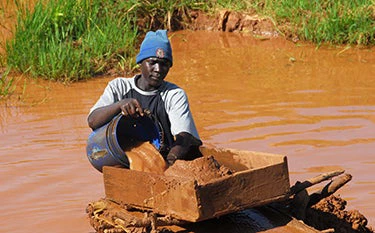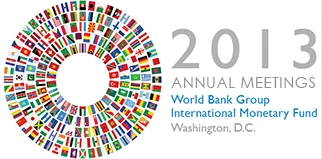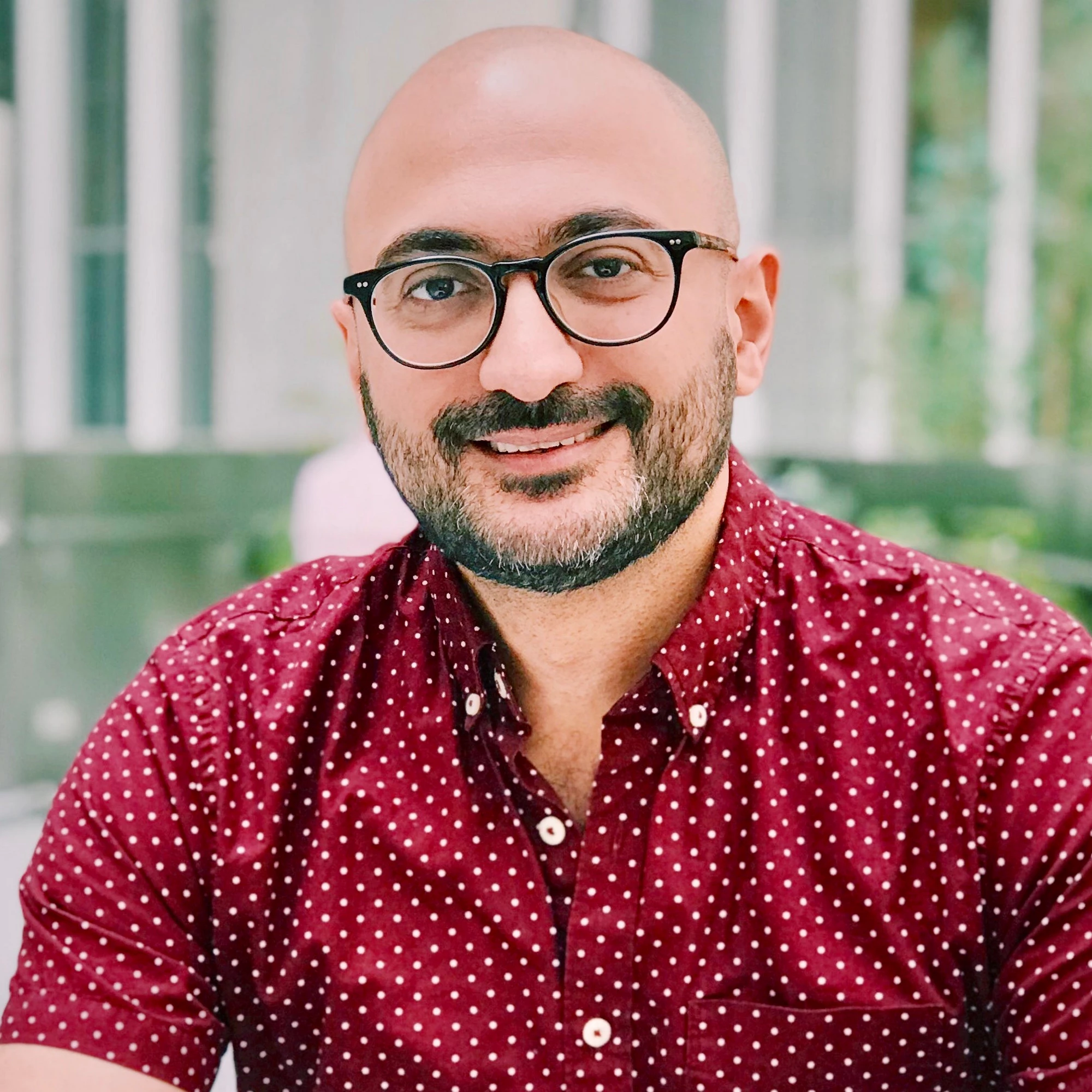
A high-level panel of industry experts and representatives from CSOs and resource-rich nations weighed in today on the challenges that define poverty or prosperity in a fragile country.
Fragile states endowed with natural resources have the chance to benefit from their transformational impact, said Sri Mulyani Indrawati, managing director and chief operating officer of the World Bank Group. "Success can mean stability and development, and failure can mean aid dependency,” she said.
Indrawati underscored the need to get things right — alluding to the recurrent discussion regarding the “resource curse.” “Our focus is on transparency, governance, and strengthening country capacity,” she said.
On transparency, panelist Clare Short, chair of the Extractives Industries Transparency Initiative, an international standard that ensures transparency around countries’ oil, gas and mineral resources, acknowledged that extractive resources “are very difficult to manage.”

The idea of the initiative, she added, is to get the companies publish what they pay and what the government is receiving “and let’s get it all out.”
“The concept of transparency wasn’t there, but now it’s the norm,” she said.
Daniel Kaufmann, president of Revenue Watch Institute, agreed that those partnerships around transparency are far more powerful.
Kaufmann noted that “resource curses” are man-made and that multiple stakeholders share responsibility — not just multinationals, but also oil companies.
Meanwhile, Heikki Holmaas, Norway’s minister of international development, stressed the need to build knowledge, but then step back to allow governments to operate as the driver.
Michiel Kool, executive vice president for social performance at Shell, acknowledged the need for good governance. Accountability, he noted, needs to be a global good, shared by all governments, not just those that sign up to EITI-type initiatives.
In responding to how governments with weak negotiating positions and capacities can get fair deals from investors, Matata Ponyo Mapon, prime minister of the Democratic Republic of Congo, made an interesting point that some countries are benefiting from natural resources, while others continue to struggle. Conflict has universal negative impacts, and many of these countries that are struggling are long time mineral producers — it comes down to governance and leadership.
Replay the live webcast of the event here.


Join the Conversation